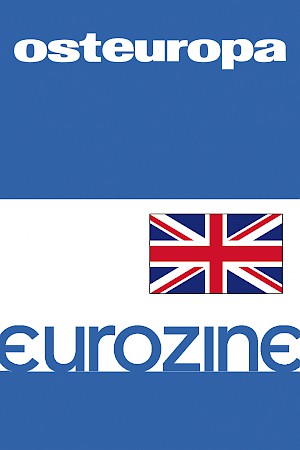The futility of one professor's life
Otto Hoetzsch and German Russian studies
Full text file (PDF, 78 kB)
Abstract
In 1946, Otto Hoetzsch called upon scholars to incorporate Russia and eastern Europe into their view of history. This was the conclusion he had reached after a lifetime of research. In Berlin during the 1920s, Hoetzsch, who was a scholar, politician, and tireless man of action, created networks of people interested in Russia regardless of their ideological differences. He founded the Deutsche Gesellschaft für Osteuropakunde and the journal Osteuropa. Hoetzsch organized and inspired Russian emigrants, Baltic Germans, and Soviet Russians. After World War I, Berlin was recognized throughout the world as the centre of scholarly work on Russia and eastern Europe. The Nazis defamed Hoetzsch as a "parlour Bolshevik", destroyed academic research on eastern Europe, and unleashed war in Europe. And after World War II, Otto Hoetzsch and his pan-European perspective suffered their final defeat in the shape of the division of Europe.
(Web Special, pp. 1–16)
Read this article's international version:
О тщете профессорской жизни
Full text file (PDF, 78 kB)



